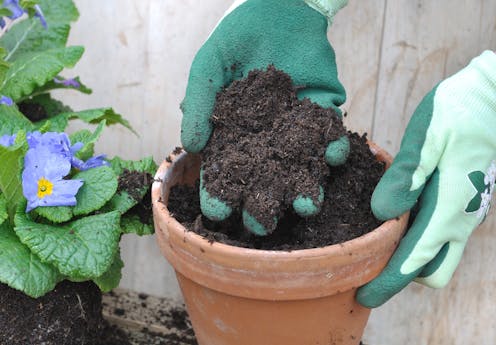
Plant seeds must travel far to maintain healthy ecosystems. Carried on the wind or in the fur and dung of animals, travelling seeds help cleared forest patches regrow and infuse clutches of rare species with diverse genes, making them more resistant to extinction.
Understanding how plants disperse is increasingly important in the face of the steadily growing human influence on natural habitats. As commerce and tourism have become globe-spanning enterprises, humans are purposely or unintentionally moving many plants or their seeds and cuttings at an unprecedented rate.
On the one hand, this process can help species adjust the range in which they live to fit their climate requirements. Many of their former habitats are becoming too hot or dry, so moving can ensure plants persist in rapidly changing landscapes. The loss of large wild herbivores, herded livestock and fruit-eating wildlife has already severed options for long-distance dispersal. In their absence, humanity can act as the main dispersal agent, transporting many species over very long distances.
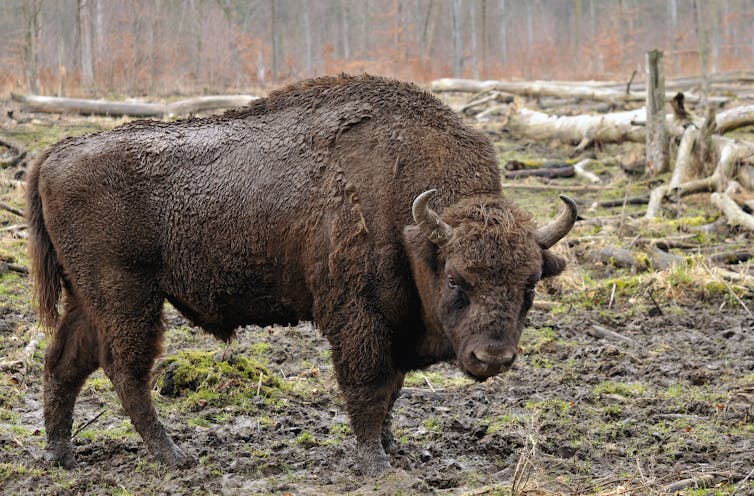
On the other hand, dispersal via human activity can accelerate the spread of alien and potentially invasive species. Such plants can alter whole ecosystems and crowd native species out.
The growing global trade in cultivated plants and potting soil has been linked with the dispersal of contaminant species. But the unintentional dispersal of seeds has been largely overlooked, as hardly any studies have considered just how many seeds stow away in these soils. Given that growing mediums are made in huge quantities (more than 30 million cubic metres is produced every year within the EU) and ready-to-use potting soils are regularly imported from distant countries, the importance of this dispersal pathway is probably underestimated.
Accidental human dispersal
In new research, we studied the extent of this process. We bought three bags of 11 different commercial potting soils in Debrecen, Hungary, from several different producer companies. We took samples from each bag and germinated them in a greenhouse from March 2019 until November 2019. We counted and identified the species of each seedling that grew and calculated the greatest distance each species may have travelled.
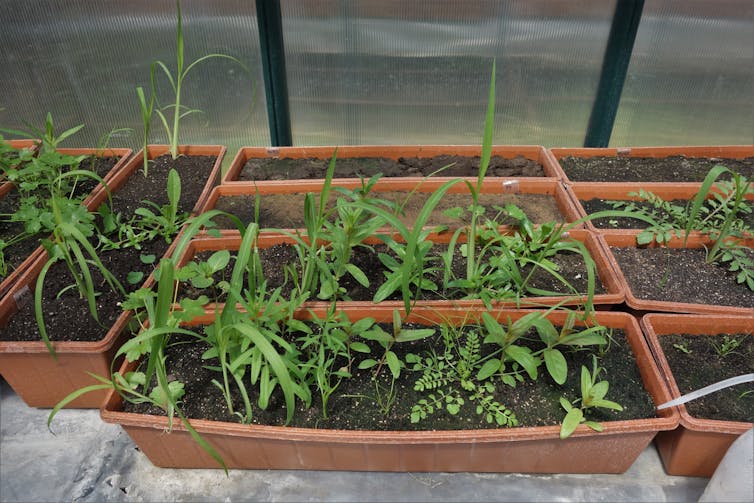
We found that one litre of potting soil contains an average of 13 seeds of six species. An average 20-litre bag of soil bought from a garden centre could contain around 265 viable seeds. The seed content of each potting soil varied widely, as soils with manure contained a substantially higher number of species and seeds than soils without it. This suggests that long-distance dispersal happens as a result of grazing livestock eating and passing seeds, and people adding the seed-rich manure to potting soils, which they transport and use over great distances. The diet preferences of the grazing animals producing manure for potting soils influences the ability of a plant species to be dispersed this way.
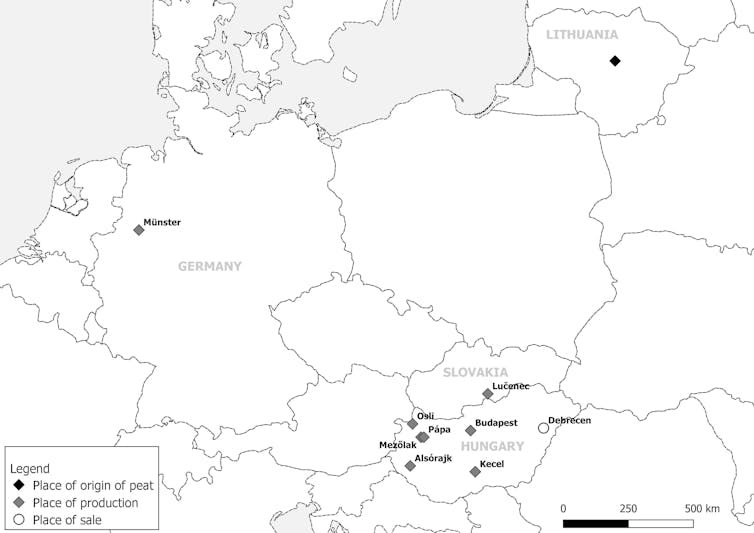
The distances the seeds travelled in the potting soils, from where they were produced to where they were purchased in Debrecen, ranged from 171km (originating in Lučenec, Slovakia) to 1,117km (originating in Münster, Germany). Some potting soils are presumably transported and sold even further. Although each seed has a slim chance of successfully establishing itself in a new location, the vast number of seeds dispersed this way offsets the relatively low probabilities involved.
Five of the species that germinated from the soil samples were not native to Hungary, although four of them are already widespread in the country (redroot amaranth, Canadian horseweed, daisy fleabane and tall goldenrod). Only the fringed willowherb is still sporadic. Meanwhile, several native but sparse species were found in the samples: small-flowered bittercress, St. Peter’s wort and blunt-flowered rush.
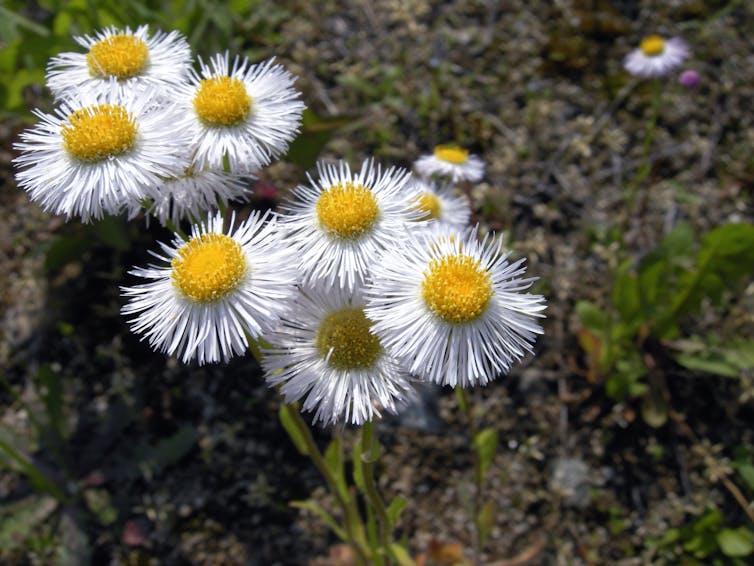
This suggests the global plant trade is not only capable of dispersing and introducing alien species, but rather, represents a general dispersal pathway for numerous species. It may help genes flow between otherwise isolated populations, shift ranges to track the changing climate and landscape, and other large-scale ecological processes of great conservation concern. So this pathway of long-distance dispersal can have both adverse and favourable effects on plant populations and communities.

Don’t have time to read about climate change as much as you’d like?
Get a weekly roundup in your inbox instead. Every Wednesday, The Conversation’s environment editor writes Imagine, a short email that goes a little deeper into just one climate issue. Join the 10,000+ readers who’ve subscribed so far.
The authors do not work for, consult, own shares in or receive funding from any company or organization that would benefit from this article, and have disclosed no relevant affiliations beyond their academic appointment.
This article was originally published on The Conversation. Read the original article.







